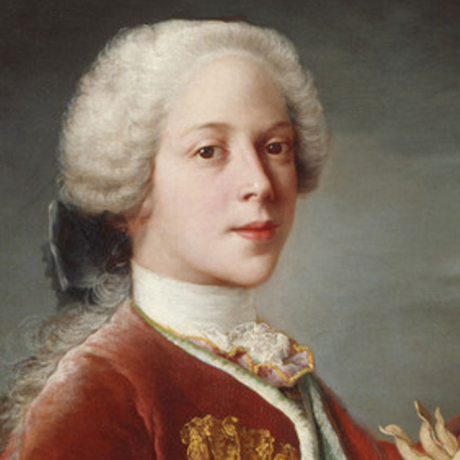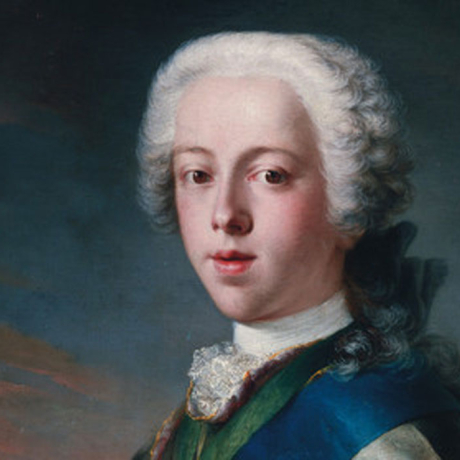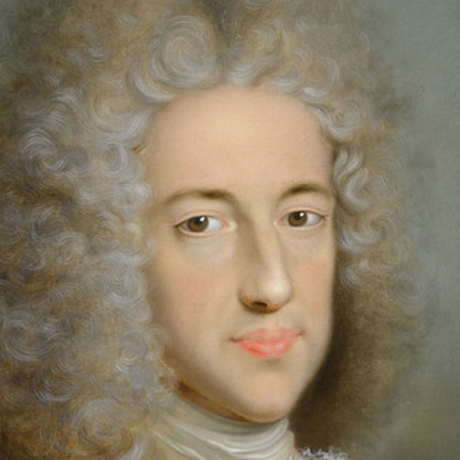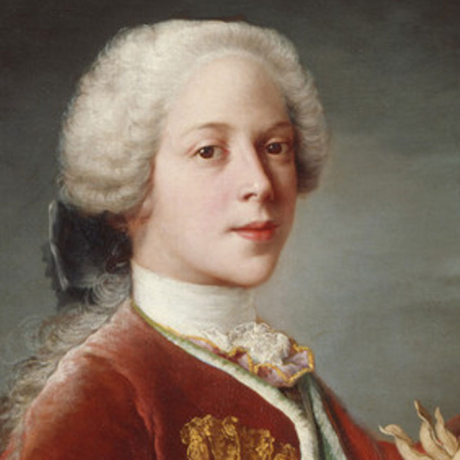Soon after the failure of the '45 Rising he entered the Roman Catholic priesthood (thus ending any prospect of having an heir), becoming successively a Cardinal, Archbishop of Corinth and Bishop of Tusculum.
His brother Charles had been furious when he took holy orders, for he and his father had always tried not to emphasise their family's Roman Catholicism, fearing that it would prejudice their chances of winning back the throne of Protestant Britain.
However, when Charles finally moved back to Rome after their father's death, the brothers were reconciled. Henry Benedict tried to persuade Charles to stop drinking, consoled him when his wife ran away with the Italian poet, Alfieri, and gave him financial support.
After Charles' death, Henry styled himself 'Henry IX', but he made no attempt to claim the British throne. When in 1799, during the French Revolution, his palace at Frascati was sacked by the French, the British government arranged his escape to Venice and George III gave him a small pension.
He was eventually able to return to Frascati, and when he died, he left the few British crown jewels still in his possession and the Stuart Archives to the Prince Regent, the future George IV.
Henry was buried in St Peter's in Rome, with his father and his brother, and above them was placed a handsome marble monument by Canova, commissioned by the Prince Regent.
The Royal House of Stuart and their relatives, the Hanoverian monarchs, had been reconciled at last.






